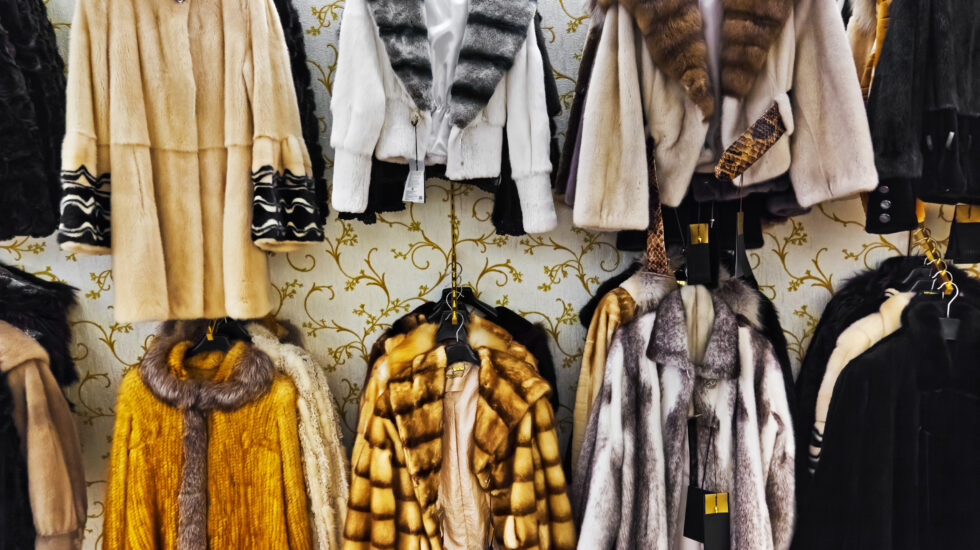American consumers shrugged off inflation, supply chain bottlenecks, and the omicron variant to drive an 8.5% increase in retail sales this holiday season compared to last year, according to a report from Mastercard SpendingPulse.
The growth is the strongest in 17 years. Retails sales – both online and in brick and mortar stores – exceeded their 2019 levels by a combined 10.7%.
The Associated Press reports:
By category, clothing rose 47%, jewelry 32%, electronics 16%. Online sales were up 11% from a year ago and 61% from 2019. Department stores registered a 21% increase over 2020.
Reuters adds:
Holiday e-commerce sales made up 20.9% of total retail sales this year, the data showed, noting that the sector continues to see growth as consumers enjoy the ease of browsing and buying in the comfort of their homes.
Shipping companies like Fedex and United Parcel Service were able to meet the holiday demand by adding resources. The Wall Street Journal reports:
All of the major carriers expanded their delivery capacity, whether by adding more sorting machines, new facilities or more weekend deliveries. FedEx added 14.4 million square feet of sorting capacity. UPS said that it was able to sort 130,000 more pieces an hour this peak season compared with last year.
“UPS prepared very early in the year to make this one of the most successful peak holiday shipping seasons ever,” a UPS spokesman said.
The strong holiday sales undermine the idea that inflation is impacting consumer spending. While prices are historically high, Americans are still sitting on elevated savings.
The Journal adds:
Despite the strong overall sales, Omicron has cast a cloud over a season that started hot. A December surge in cases has prompted many businesses to temporarily close and companies to delay plans to bring workers back to the office.
Signs emerged in recent weeks that American consumers were beginning to curb spending and revert to early-pandemic habits.
